electrician put 12 gauge wire on 20A breaker???
jaansu
13 years ago
Featured Answer
Comments (19)
btharmy
13 years agokudzu9
13 years agoRelated Professionals
Coffeyville General Contractors · Galveston General Contractors · Medford General Contractors · North Smithfield General Contractors · Redding General Contractors · Rohnert Park General Contractors · Wolf Trap General Contractors · Elmwood Park Solar Energy Systems · Hemet Solar Energy Systems · Phoenix Solar Energy Systems · Glendale Heights Home Automation & Home Media · Hanover Home Automation & Home Media · Pittsburgh Home Automation & Home Media · Safety Harbor Home Automation & Home Media · Southlake Home Automation & Home Mediajaansu
13 years agowayne440
13 years agofixizin
13 years agohrajotte
13 years agoRon Natalie
13 years agojaansu
13 years agojoed
13 years agojaansu
13 years agoxedos
11 years agogreg_2010
11 years agopetey_racer
11 years agohandyman1650
10 years agobus_driver
10 years agoRon Natalie
10 years agojoefixit2
10 years agoRon Natalie
10 years ago
Related Stories
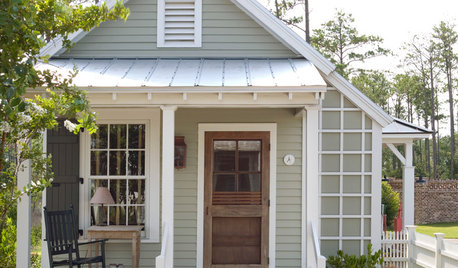
MOVINGHow to Avoid Paying Too Much for a House
Use the power of comps to gauge a home’s affordability and submit the right bid
Full Story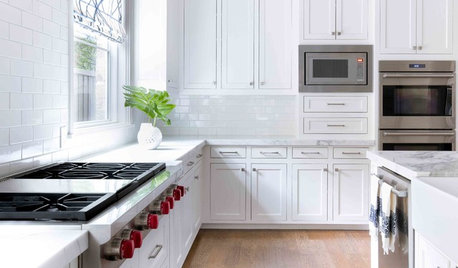
KITCHEN APPLIANCES9 Places to Put the Microwave in Your Kitchen
See the pros and cons of locating your microwave above, below and beyond the counter
Full Story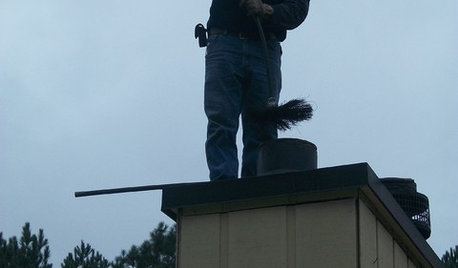
HOUSEKEEPING12 Steps to a Safe, Cozy Home for a New Year
From smoke detectors to furnace filters, let January 1 be a reminder of some must-dos around the house
Full Story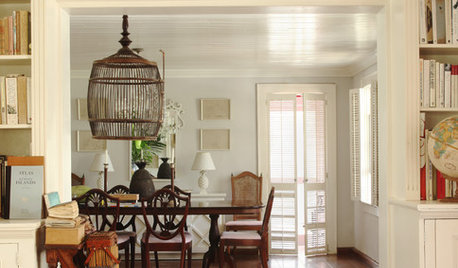
LIGHTING12 Fun Light Fixtures Made From Found Objects
Trash became treasure in these one-of-a-kind lights. See if they inspire your own DIY pendant project
Full Story
HOLIDAYSSee How to Make a Scandi-Style Beaded Star
Borrow some Scandinavian holiday style with a simple star ornament made of white wooden beads and wire
Full Story
LIFEHow to Prepare for and Live With a Power Outage
When electricity loss puts food, water and heat in jeopardy, don't be in the dark about how to stay as safe and comfortable as possible
Full Story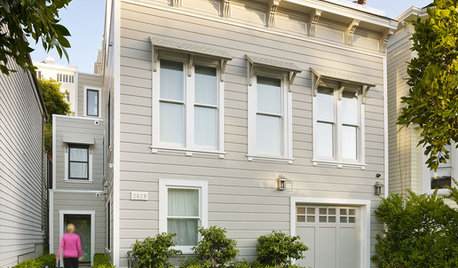
LIFE12 House-Hunting Tips to Help You Make the Right Choice
Stay organized and focused on your quest for a new home, to make the search easier and avoid surprises later
Full Story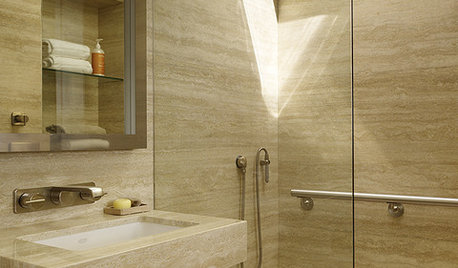
UNIVERSAL DESIGN12 Must-Haves for Aging in Place
Design a home that will continue to be accessible, safe and stylish as the years go by
Full Story
DESIGN DICTIONARYConduit
A conduit inside a building serves as a channel for electrical cables and wires
Full Story0

CLOSETSHow to Style Your Closet (Almost) Like a Celeb
12 closet tips: Sorting, planning, lighting and styling make "What to Wear?" easier to answer
Full StoryMore Discussions






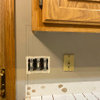
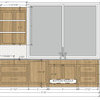
brickeyee